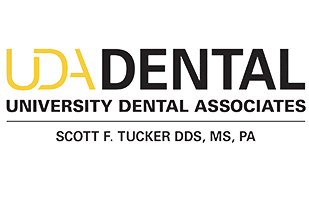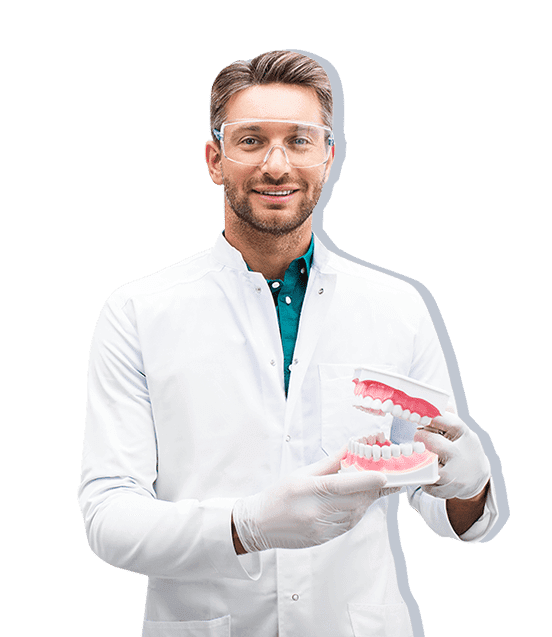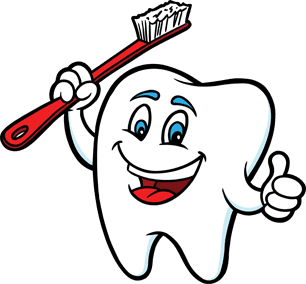Hygiene Cleaning
North Carolina dental hygiene experts agree that hygiene cleaning appointments should take place every six months to prevent plaque from hardening and causing more serious problems such as gum disease. The dentist and hygienist will discuss the results of the examination and answer your questions about any recommended treatment or your dental health in general.
A dental hygiene appointment at a North Carolina University Dental Associates office may consist of:
- Soft tissue exam and oral screening to identify changes in the tissues of the mouth.
- Periodontal or gum disease screening, including checking for pockets and a measurement of the depth of your gums.
- X-rays of your teeth, unless you have had x-rays recently. A full set of x-rays should be taken every three to five years, and bite wing x-rays should be taken every year. The x-rays help locate disease and decay not seen by the naked eye.
- Preventive cleaning, which includes cleaning and polishing your teeth to remove plaque (a sticky film of bacteria on teeth that produces the acid that causes tooth decay).
- Your dental hygienist will also teach proper flossing or answer your questions about cavity prevention or dental hygiene.
- Sealants and a fluoride treatment, based on need.
Fluoride Treatment
Fluoride helps protect teeth from decay. Professional fluoride treatments are recommended twice a year, or as needed for all children under the age of 16 during their regularly scheduled examination and cleanings. In addition, adults with certain medical conditions may be at higher risk for tooth decay and might benefit from fluoride treatments. If you have dry mouth, gum disease, crowns and/or bridges, braces or frequent cavities, talk to your dentist or hygienist about the benefits of adult fluoride treatments.
You play an important role in preventive dentistry as well. Self-care, such as twice-daily brushing and daily flossing, is essential in ensuring that your teeth and mouth stay healthy. A good oral hygiene routine keeps your teeth clean between preventive dental appointments.
Preventive dentistry can result in less extensive—and less expensive—treatment for any dental conditions that may develop, and help you keep your natural teeth for a lifetime.


























